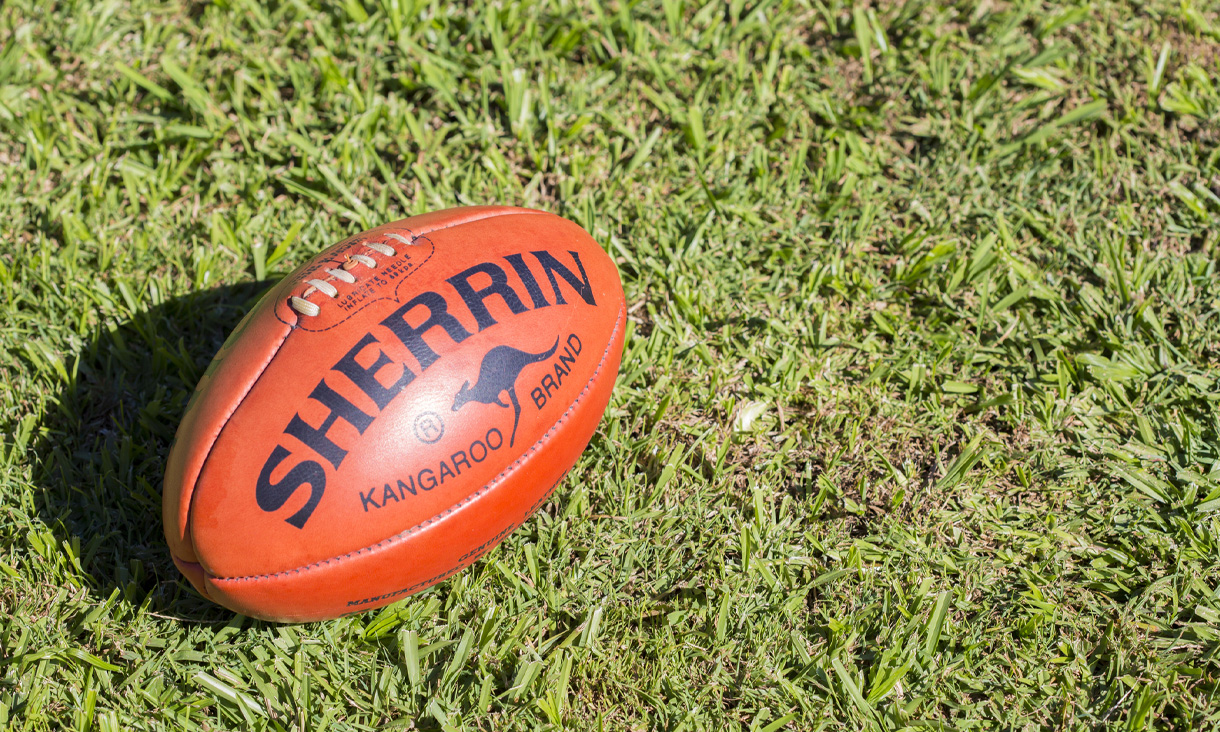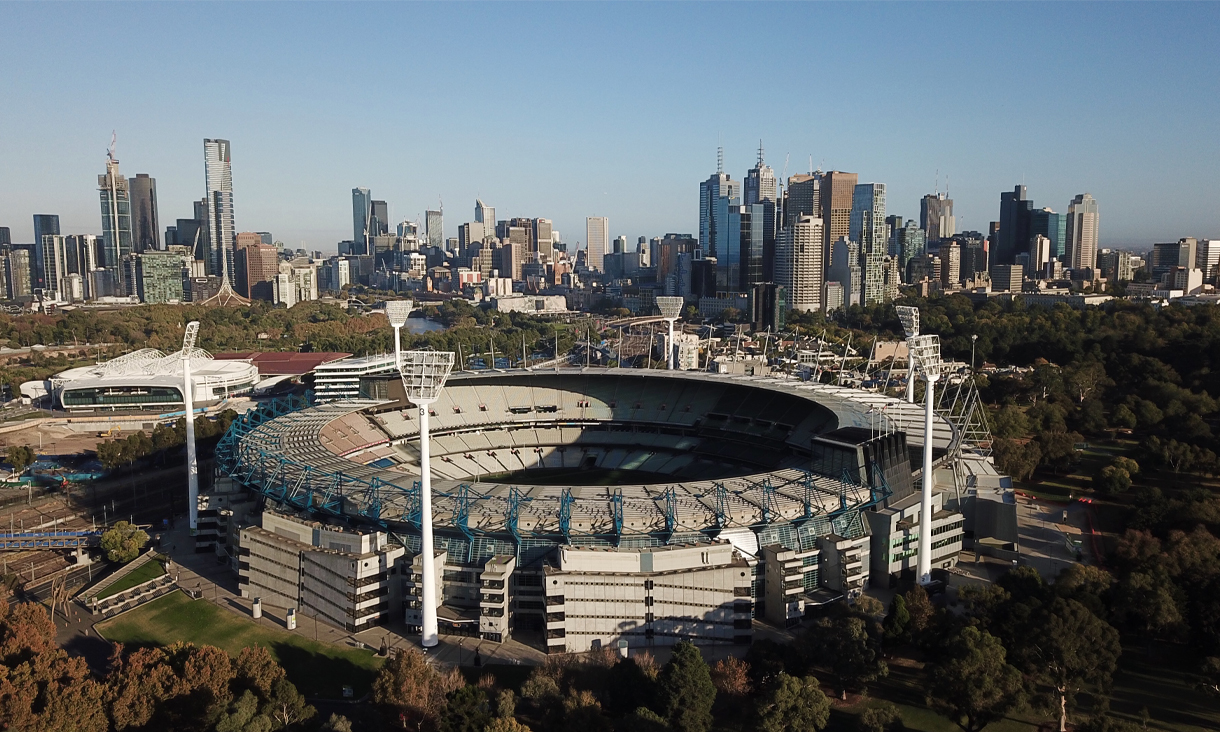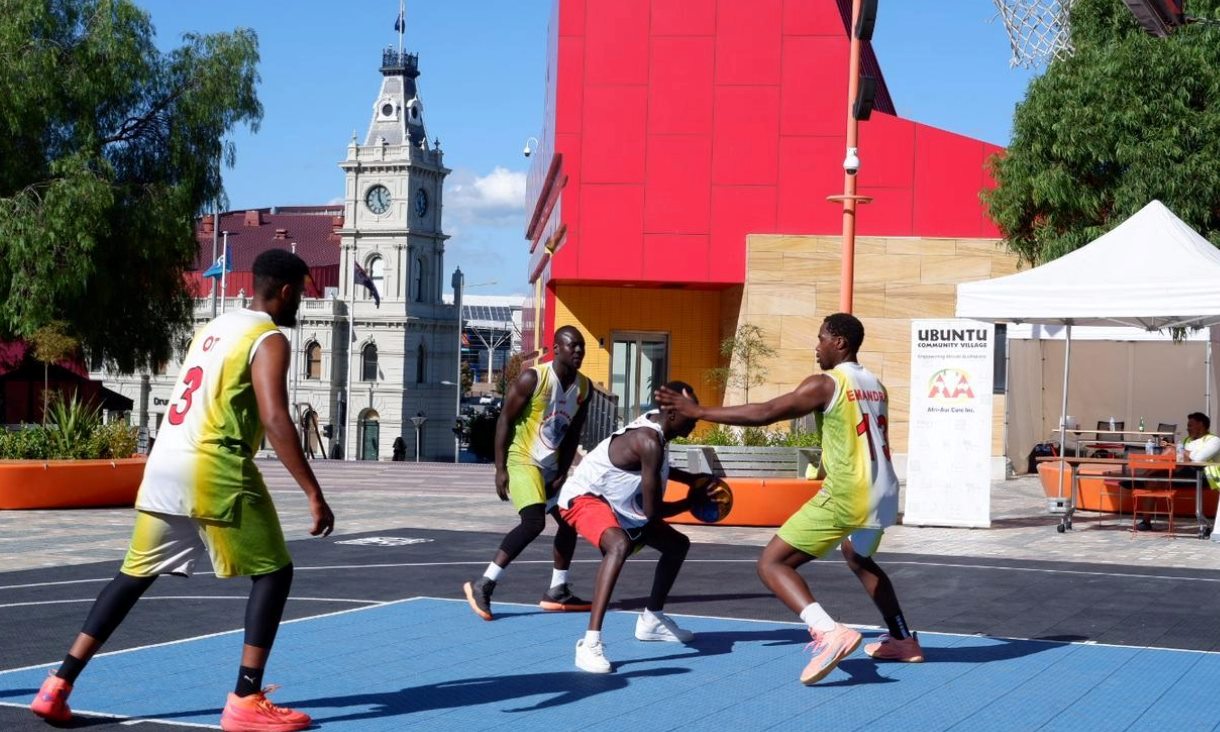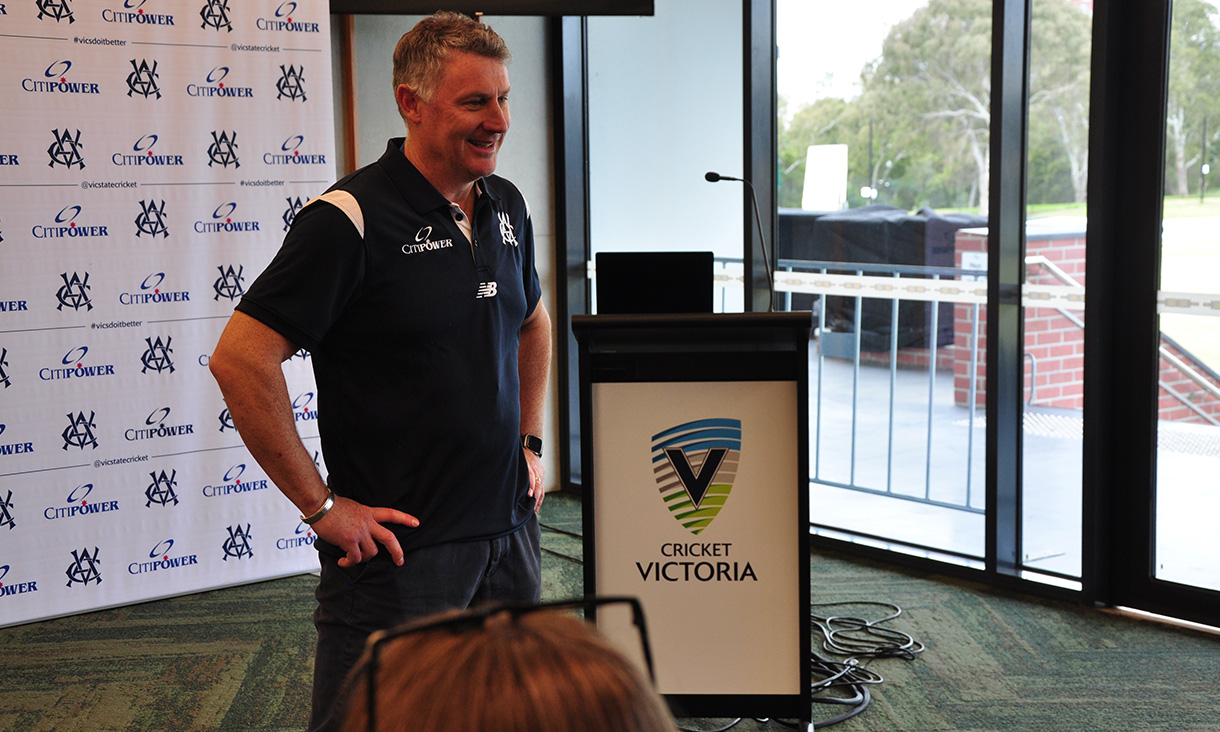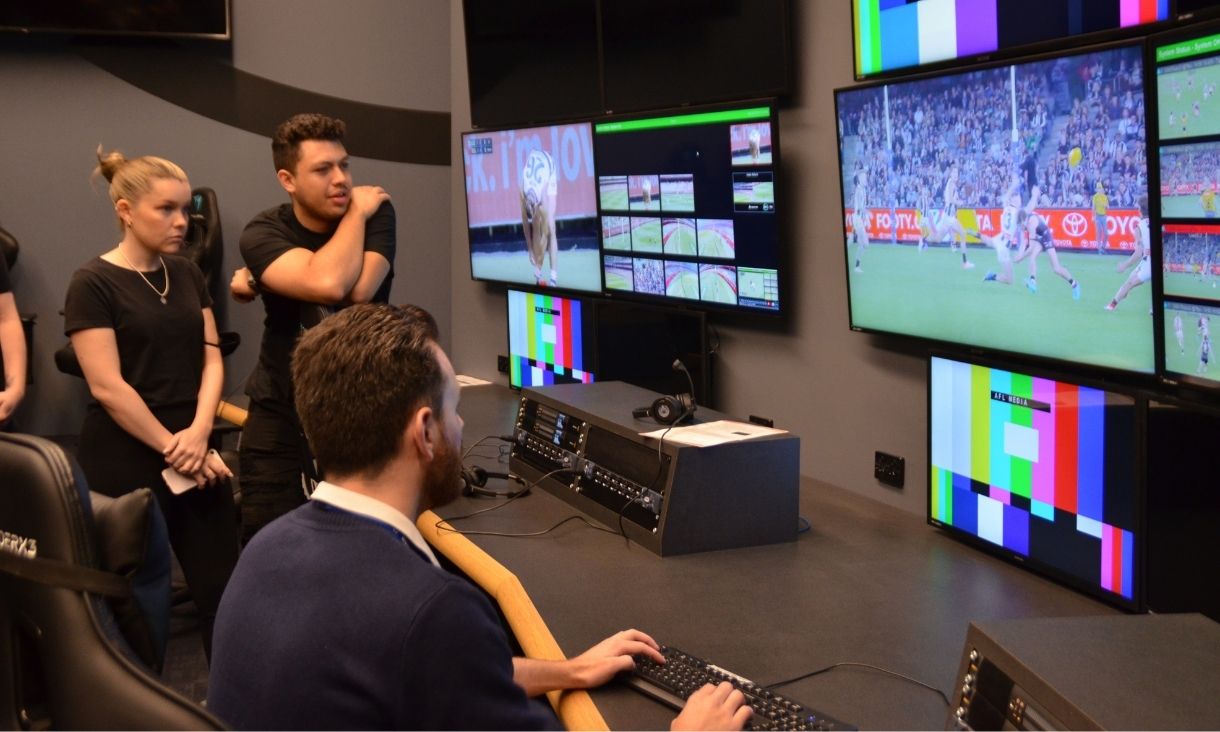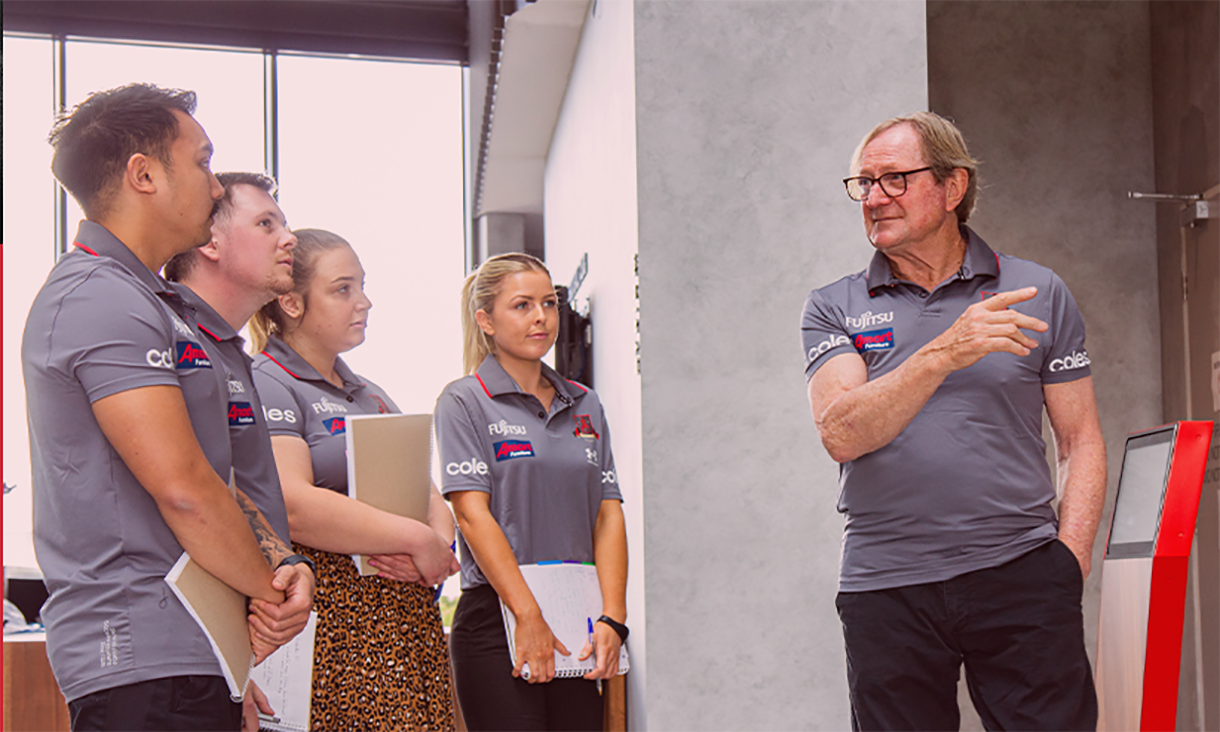The psychology behind AFL fandomship
Senior Lecturer Marketing (Experimental Methods & Design Thinking) and Behavioural Business Lab chair Dr Janneke Blijlevens said while it might seem logical that Victorians would automatically support Richmond in Saturday’s decider, research showed that wasn’t necessarily the case.
“When the group fans belong to becomes too large, like the entire state instead of just your team, supporters want to stand out,” she said.
“For example, research shows that fans choose teams in different cities to feel different and unique.
“This has to do with a theory called ‘optimal distinctiveness’, people strive to belong and fit in, but also need to stand out and be unique and different, and goes back to evolutionary psychology.”
Why fans join cheersquads
Blijlevens said joining the cheer squad was a way to stand out from other supporters.
“This is another strategy to feel optimally distinct,” she said.
"Richmond's cheer squad is known for its strong sense of justice as they'll fight for each other.
“However, this also testifies to the cheer squad's very strong group cohesion and sense of connection. Interestingly, this very strong connection sometimes even leads to further differentiation within the cheer squad - the boycott members.”
The impact of an inaugural GWS premiership on its brand and supporter base
A Giants win – their first flag – could help the team significantly increase its supporter base.
Blijlevens said an increase could be linked to “basking in respective glory”, a strategy that helped someone to fit in but stand out at the same time.
“If the Giants win, supporters will bask in their glory, which increases the supporters' own self-esteem and, at the same time, because of the win, stand out. Basic survival of the fittest!” she said.
Internationally-renowned sport marketing expert Associate Professor Con Stavros said Saturday was the eighth successive AFL grand final where an interstate team had faced off against a Victorian team.
"This grand final is notable for the first appearance of the GWS Giants, a club dubbed artificial by some given it was installed into the geographical heartland of Western Sydney as a marketing exercise, rather a reaction to natural supporter demand,” he said.
"While winning is no guarantee of success in the highly-competitive entertainment market that the Giants must live in, it sure beats losing. A grand final victory gives the Giants some much-needed oxygen and exposure in the Sydney market, allowing their marketing to build off a platform of much-needed success.”
Let me entertain you
Stavros said the AFL grand final was one of the largest events on the Australian sporting calendar.
“(It) provides a capstone to a season that the league has expertly crafted to provide an ongoing narrative of inherent drama, intrigue, competition and fan interaction that is well in line with the modern business practice of embracing sport as an ongoing and encompassing entertainment product, rather than just a series of events,” he said.
"For fans, watching at the iconic MCG or through the medium of television or digital platforms, this may well be the last AFL grand final to be played in its traditional Saturday afternoon timeslot. It appears inevitable that we’ll move toward a twilight or evening grand final in the very near future as the AFL seeks to broaden the audience and impact of the event.
"As much as the big game is about the teams, the modern sport marketing imperative is to highlight the athletes and their individual star power. While the Tiger spotlight shines strongly on Dusty Martin, the recent events surrounding Giant's player Toby Greene and the AFL tribunal make the marketing script easy to write."
Story: Amelia Harris
